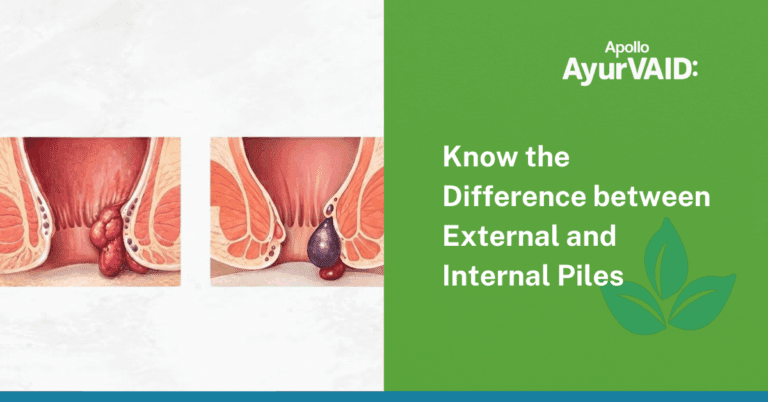The thyroid is a butterfly-shaped gland located at the base of the neck that produces hormones that regulate the body’s metabolic rate, growth, and development. It plays a role in controlling heart, muscle, and digestive function, brain development, and bone maintenance. Its correct functioning depends on a good supply of iodine from the diet.
Any imbalance in the normal function of the thyroid may lead to conditions such as goiter, thyroiditis, hyperthyroidism, hypothyroidism, Graves disease, thyroid cancer, thyroid nodules, and thyroid storm. Thyroid disorders can be caused by stress, genetics, poor nutrition leading to an iodine deficiency, and disturbances in the immune system.
Ayurveda recognizes the thyroid as a vital gland responsible for regulating metabolism and energy balance. Imbalances in the doshas, particularly Vata and Kapha, are often associated with thyroid issues. By addressing these imbalances, Ayurveda aims to nurture the thyroid and promote overall well-being.

Types of Thyroid Disorders
The most common types of thyroid disorders are Hypothyroid and Hyperthyroid.
- Hypothyroidism: The thyroid produces too few hormones, causing fatigue, weight gain, and cold sensitivity. Managed with hormone replacement.
- Hyperthyroidism: Thyroid overproduces hormones, leading to weight loss, rapid heartbeat, and anxiety. Treatments include medication or radioactive iodine.
- Thyroiditis: Temporary thyroid inflammation causing neck pain, fatigue, and hormonal imbalance.
- Goiter: Enlarged thyroid due to iodine deficiency or certain diseases, causing neck swelling and possible breathing or swallowing issues.
- Thyroid Cancer: Uncommon but can cause neck lumps, and swallowing difficulties, and may require surgery or other treatments.
- Thyroid Nodules: Benign growths in the thyroid that might affect hormone levels or, rarely, signal thyroid cancer. Detected incidentally during exams or imaging tests.
Ayurveda’s View on Thyroid Health
Thyroid disorders are imbalances within the body’s energies or doshas— Vata, Pitta, and Kapha— leading to either hyperactivity (Hyperthyroidism) or underactivity (Hypothyroidism) of the thyroid gland. According to Ayurvedic principles, these imbalances might occur due to various factors like poor diet, stress, inadequate sleep, or disruptions in the body’s natural rhythms. When these factors disrupt the dosha balance, they can affect the functioning of the thyroid gland, impacting metabolism and overall energy levels.

Ways to Promote Better Thyroid Health
Here are three ways to promote better thyroid health:
Balanced Diet
Ayurveda emphasizes a balanced and nourishing diet to support thyroid health. Including foods rich in iodine, selenium, and zinc is crucial. Vegetables, nuts, seeds, and whole grains offer these essential nutrients. These elements aid in optimizing thyroid function. On the flip side, processed foods, excessive caffeine, and refined sugars can disrupt the body’s natural balance, leading to dosha imbalances affecting the thyroid. Choosing whole, natural foods helps sustain a healthy thyroid and overall well-being.
Ayurveda Medications
Ayurvedic herbs play a significant role in supporting thyroid function. Ashwagandha and Guggul are renowned for their thyroid-balancing properties. Incorporating these herbs into daily routines, whether through herbal teas or supplements, can assist in regulating thyroid activity. Their adaptogenic and antioxidant properties can help alleviate thyroid imbalances and support the body’s natural healing processes. These herbs should be taken only as prescribed by Ayurveda physicians in recommended doses and duration.
Yoga and Pranayama
Specific yoga poses and Pranayama techniques are beneficial for thyroid health. Asanas like Sarvanga asana (shoulder stand), Surya Namaskar (Sun Salutations), and Halasana (plow pose) stimulate the thyroid gland, aiding in its proper functioning. Additionally, pranayama (breathing exercises) like alternate nostril breathing can help balance the body’s energies, potentially benefiting thyroid health.






